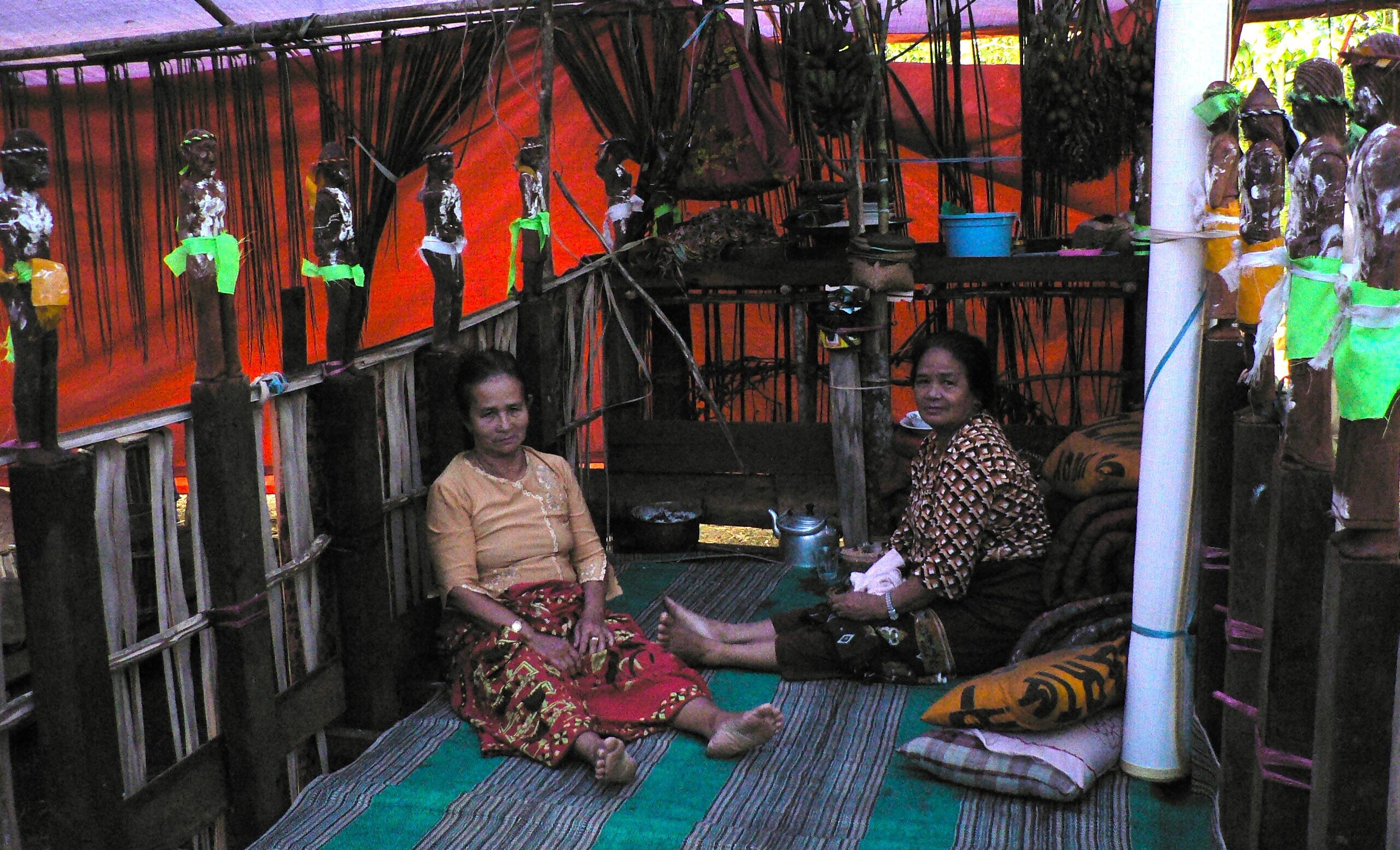
A recent study published in the Explore journal sheds light on an emerging trend in mental health care: the integration of Indigenous healing techniques into Western psychotherapy. It reveals that Western clients are increasingly benefiting from therapies influenced by Indigenous healing practices, despite challenges in integrating these experiences within Western cultural contexts.
The study highlights the rising popularity of Indigenous healing techniques among Western clients seeking more holistic approaches to mental health. Indigenous healing, rooted in centuries-old traditions, is experience-based and often involves rituals or altered states of consciousness that differ significantly from the conversation-driven model of Western psychotherapy. Participants in the study reported numerous long-lasting positive outcomes, including improved emotional regulation, greater well-being, and deeper connections with reality.
“Indigenous healing provides a more complex, experiential form of therapy compared to the verbal focus of Western approaches,” said lead author Prof. Radek Trnka. “It offers new therapeutic possibilities for clients, many of whom feel conventional psychotherapy doesn’t fully address their needs.”
Positive outcomes with cultural challenges
The study involved in-depth interviews with 28 Western clients who had participated in therapies inspired by Indigenous healing. The results revealed significant mental health benefits such as enhanced coping with stress, better decision-making, and improved behavioral control. Participants also reported greater life satisfaction and a profound sense of calm.
However, the study also noted that integrating these Indigenous healing experiences into a Western cultural framework can be challenging. Western societies often lack supportive spaces for altered states of consciousness—integral to many Indigenous healing practices. This can make it difficult for clients to fully assimilate the benefits of their therapy once they return to their daily lives.
“Western psychotherapy often requires verbalizing and labeling every inner problem,” explained Dr. Lorencova. “In contrast, Indigenous healing allows for a more intuitive and embodied approach. This can create tension for clients as they try to reconcile these different models of therapy.”
The decolonial turn in psychology
The research is part of a larger movement within psychology known as the decolonial turn, which seeks to challenge and expand conventional Western psychotherapeutic models by incorporating diverse cultural perspectives. This approach advocates for culturally integrative psychotherapy, which combines Indigenous healing techniques with Western frameworks to create more inclusive, effective therapeutic interventions.
“Decolonizing psychotherapy means acknowledging that Western approaches are not universally applicable,” said Prof. Trnka. “Indigenous healing offers valuable insights and methods that can complement, and sometimes even surpass, traditional Western therapy.”
A call for further research and adaptation
While the study provides valuable insights into the benefits of Indigenous healing for Western clients, the authors emphasize the need for further research to address the complexities of integrating these therapies into Western psychotherapeutic models. This includes developing systematic support mechanisms that help clients process and incorporate their experiences once they return to a Western environment.
As interest in Indigenous healing grows across many Western countries, researchers call for a culturally sensitive approach to adapting these practices.
“Understanding how Indigenous therapies can be safely and effectively integrated into Western contexts is essential for creating more diverse, evidence-based mental health interventions,” Prof. Trnka concluded.
More information:
Radek Trnka et al, Bridging realms: Western client perspectives on psychotherapy inspired by Indigenous healing, EXPLORE (2024). DOI: 10.1016/j.explore.2024.103059
Citation:
Exploring new horizons in psychotherapy: A study on Indigenous healing and Western client experiences (2024, October 8)
retrieved 8 October 2024
from https://medicalxpress.com/news/2024-10-exploring-horizons-psychotherapy-indigenous-western.html
This document is subject to copyright. Apart from any fair dealing for the purpose of private study or research, no
part may be reproduced without the written permission. The content is provided for information purposes only.



